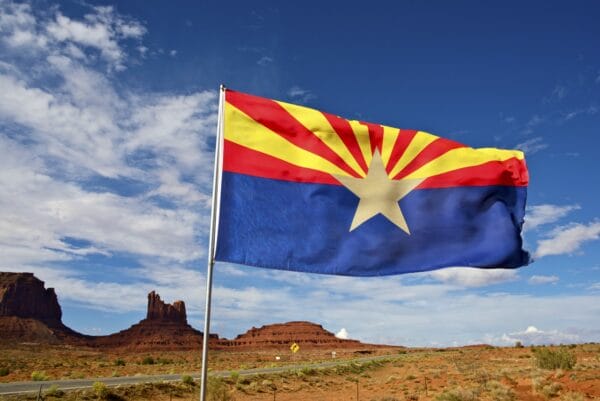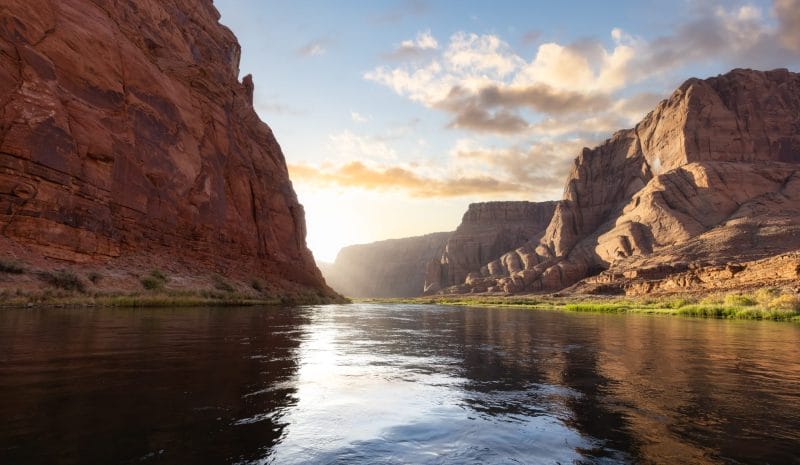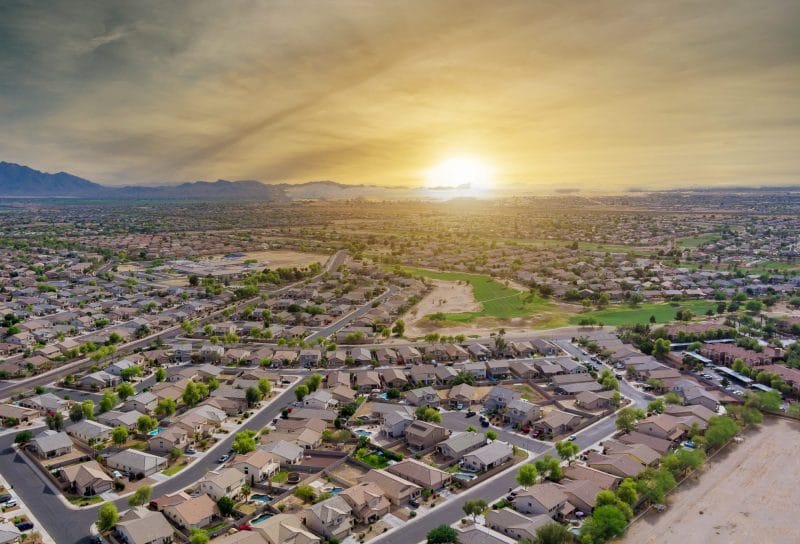By Mark Arax | California Magazine
On a summer day in the San Joaquin Valley, 101 in the shade, I merge onto Highway 99 past downtown Fresno and steer through the vibrations of heat. I’m headed to the valley’s deep south, to a little farmworker town in a far corner of Kern County called Lost Hills. This is where the biggest irrigated farmer in the world — the one whose mad plantings of almonds and pistachios have triggered California’s nut rush — keeps on growing, no matter drought or flood. He doesn’t live in Lost Hills. He lives in Beverly Hills. How has he managed to outwit nature for so long?

The GPS tells me to take Interstate 5, the fastest route through the belly of the state, but I’m partial to Highway 99, the old road that brought the Okies and Mexicans to the fields and deposited a twang on my Armenian tongue. The highway runs two lanes here, three lanes there, through miles of agriculture broken every 20 minutes by fast food, gas station, and cheap motel. Tracts of houses, California’s last affordable dream, civilize three or four exits, and then it’s back to the open road splattered with the guts and feathers of chickens that jumped ship on the slaughterhouse drive. Pink and white oleanders divide the highway, and every third vehicle that whooshes by is a big rig. More often than not, it is hauling away some piece of the valley’s bounty. The harvest begins in January with one type of mandarin and ends in December with another type of mandarin and in between spills forth everything in your supermarket produce and dairy aisles except for bananas and mangoes, though the farmers here are working on the tropical, too.
I stick to the left lane and try to stay ahead of the pack. The big-rig drivers are cranky two ways, and the farmworkers in their last-leg vans are half-asleep. Ninety-nine is the deadliest highway in America. Deadly in the rush of harvest, deadly in the quiet of fog, deadly in the blur of Saturday nights when the fieldwork is done and the beer drinking becomes a second humiliation. Twenty miles outside Fresno, I cross the Kings, the river that irrigates more farmland than any other river here. The Kings is bone-dry as usual. To find its flow, I’d have to go looking in a thousand irrigation ditches in the fields beyond.




